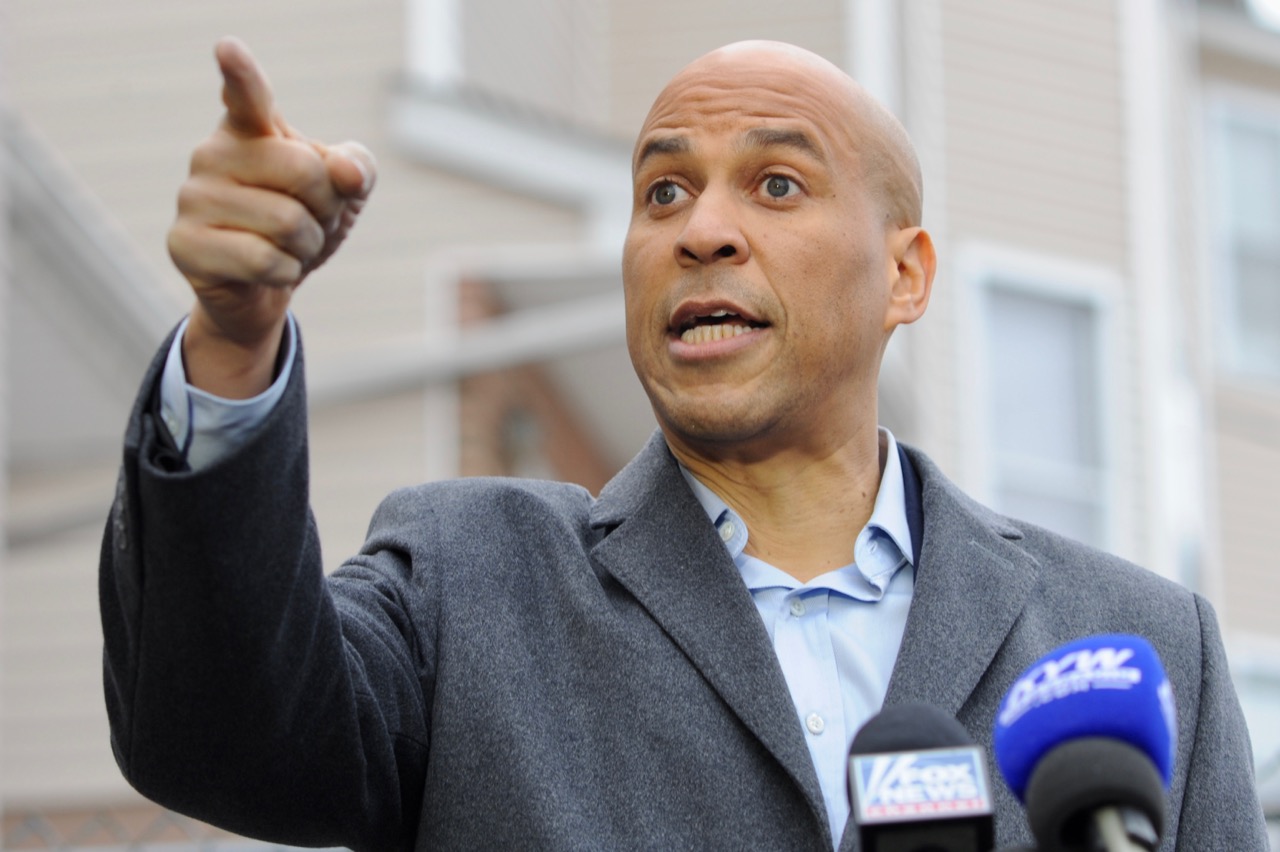Cory Booker’s Role in New Jersey Politics: A Look at His Influence and Recent Decisions
Cory Booker has long been a defining figure in New Jersey’s political scene. As the state’s U.S. Senator and former mayor of Newark, Booker is recognized for his energetic approach and dedication to civic engagement. In recent political developments, his stance regarding party endorsements has captured attention and raised questions about influence within the Democratic Party.

Neutrality in the Heated Gubernatorial Primary
This year’s Democratic primary for governor in New Jersey has been one of the most competitive in decades. With six major candidates vying for the nomination, alliances have shifted, and the spotlight has intensified. Despite the pressure, Cory Booker has chosen to remain neutral, declining to endorse any one candidate. According to the New Jersey Globe, Booker stated, “I will not be making an endorsement. Whoever wins the primary, I’m going to get fully behind, and do everything I can to make sure they win [in November].”
Booker’s neutrality is notable, considering his long-standing relationships with several of the contenders. His successor as Newark mayor, Ras Baraka, is among the candidates, and two former congressional colleagues—Mikie Sherrill and Josh Gottheimer—are also in the race. Rather than sway the contest, Booker has emphasized the importance of high voter turnout and letting the choices belong to New Jerseyans themselves.
Cory Booker and the Importance of Voter Engagement
In an off-year primary, Booker knows turnout can lag behind expectations. He’s encouraged voter participation, reminding citizens that engagement is vital for a healthy democracy. His approach aligns closely with that of Senator Andy Kim, who has also decided not to make an endorsement in this contentious primary. Read more about Andy Kim's decision to remain neutral here. Both senators believe that the voters should have the final say, rather than party elites or outside influences.
Booker’s own endorsements have shifted over the years. For example, in the last open-seat gubernatorial race eight years ago, he supported Phil Murphy, aiding his rise to governor. This year, however, he’s chosen to stay above the political fray.
A Broader Perspective on Political Alliances
The choice to stay neutral is not without critics. With the Democratic primary filled with prominent names and strong personalities, some argue that party leaders like Booker have a responsibility to guide voters. Others, however, see neutrality as a way to avoid deepening divisions within the party and to foster a more inclusive process. These concerns are highlighted in coverage from NJTODAY.NET, which discusses both Kim’s and Booker’s roles amid competing party factions.
Booker’s experience as a unifier and consensus builder is evident in his current stance. Rather than back one camp, he’s focused on ensuring whoever wins the primary receives his full support for the general election. This position, while cautious, underscores his belief in party unity and the democratic process.
Conclusion: Cory Booker’s Enduring Influence
Cory Booker’s refusal to endorse a candidate in the current Democratic primary reflects both strategic acumen and a commitment to democratic values. By prioritizing voter engagement, he continues to play a key role in shaping New Jersey’s political future, even from the sidelines. As the primary unfolds, Booker’s actions remind New Jerseyans that their voices determine the direction of the state—an enduring message from one of its most influential leaders.